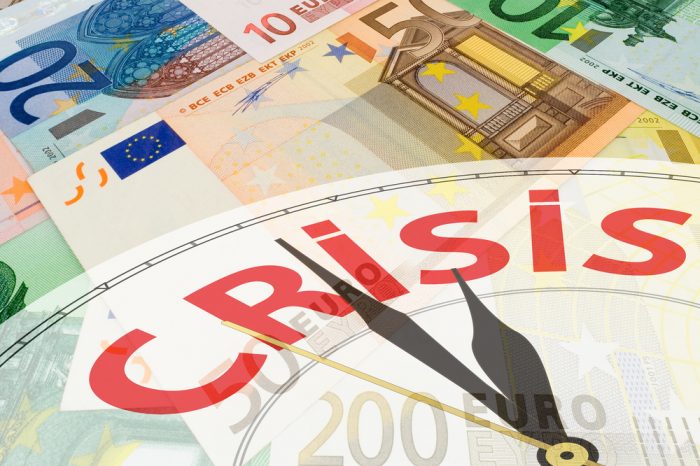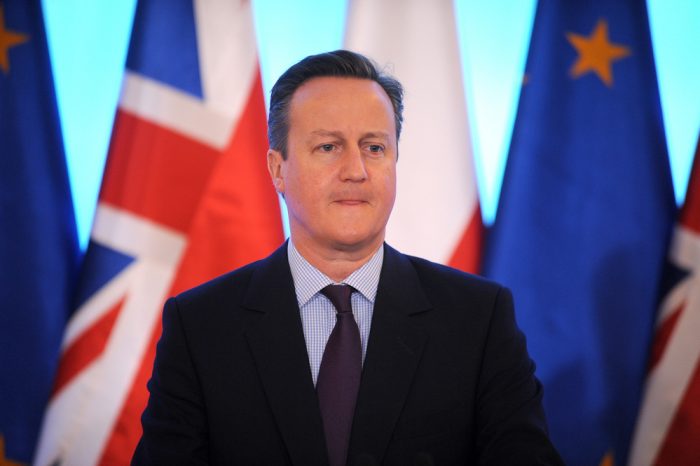Lessons from Austerlitz
Napoleon Bonaparte, watching the Austro/Russian army deploying at Austerlitz, is recorded as saying:
“Let us wait twenty minutes; when the enemy is making a false movement we must take good care not to interrupt him.”
The EU referendum campaign has begun and cool strategy is required.
Those who wish to see a ‘NO’ outcome are concerned about the barrage of pro-EU, or pro-Single Market to be precise, statements by political leaders and big banks and business, as well as EU Commissioners, and so on.
And these people are not bothering with Cameron. They are in favour of staying in the EU without any of Cameron’s reforms. Judging by the ICM poll, the ‘stay in’ side is 10-18 points ahead, even before Cameron returns with his ‘reforms’ or those polled have any idea what is likely to be renegotiated.
But did any reasonable person think that this would not happen?
I welcome this barrage on various grounds.
First, a lot of rhetorical ammunition has been expended for nothing.
Second, the EU side is exposed as obviously bereft of any new ideas since 1975. There are no new arguments.
Third, the idea that this is a stitch up, a fudged referendum, a pretence, a fraud, is gaining ground. As Iain Martin says, in CapX:
“The government’s renegotiation with the EU is bordering on the comical.”
and
“No-one likes to be taken as a fool.”
Fourth, there are already signs of infighting between those few who genuinely believe it is possible to have a ‘reformed’ Europe and those who are just using this as a cynical phrase.
Fifth, all those who the electorate most distrusts are climbing into the same lifeboat without bothering about any navigation:-
- All the political parties and their leaders
- The directors of big banks, even those presiding over the banking scandals
- Big Business directors
- EU Commissioners and Eurocrats generally.
But, of course we need to counter-attack properly with:
- A proper aim
- A proper plan
- All fighting in one direction
- No room for complacency
It is also worth considering the melting away of the great polled predicted pro-EU vote during the Dutch and French referendums on the European Constitution.
The recent YouGov poll shows the ‘OUT’ side ahead in the key voting groups: over 40s and over 60s.
Most commentators, such as Iain Martin and James Forsyth, tell us that the referendum is about ‘supporting the status quo’. Nothing could be further from the truth. A ‘yes’ vote is a vote for ‘more integration’, as laid out in Juncker’s presidential statement in 2014.
The real choice was put by Jacques Delors, former head of the EU Commission and the main driver of the EU in his day, and a man highly respected in Brussels, in December 2012, to the Handelsblatt newspaper:
“If the British cannot support the trend to more integration in Europe, we can nevertheless remain friends, but on a different basis. I could imagine a form such as a European economic area or a free trade agreement.”
This correctly stated the alternatives for the UK, “Supporting the trend to more integration in Europe” or ‘friends’ on the basis of membership of the EEA/EFTA.
Photo by Internet Archive Book Images







